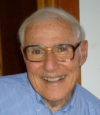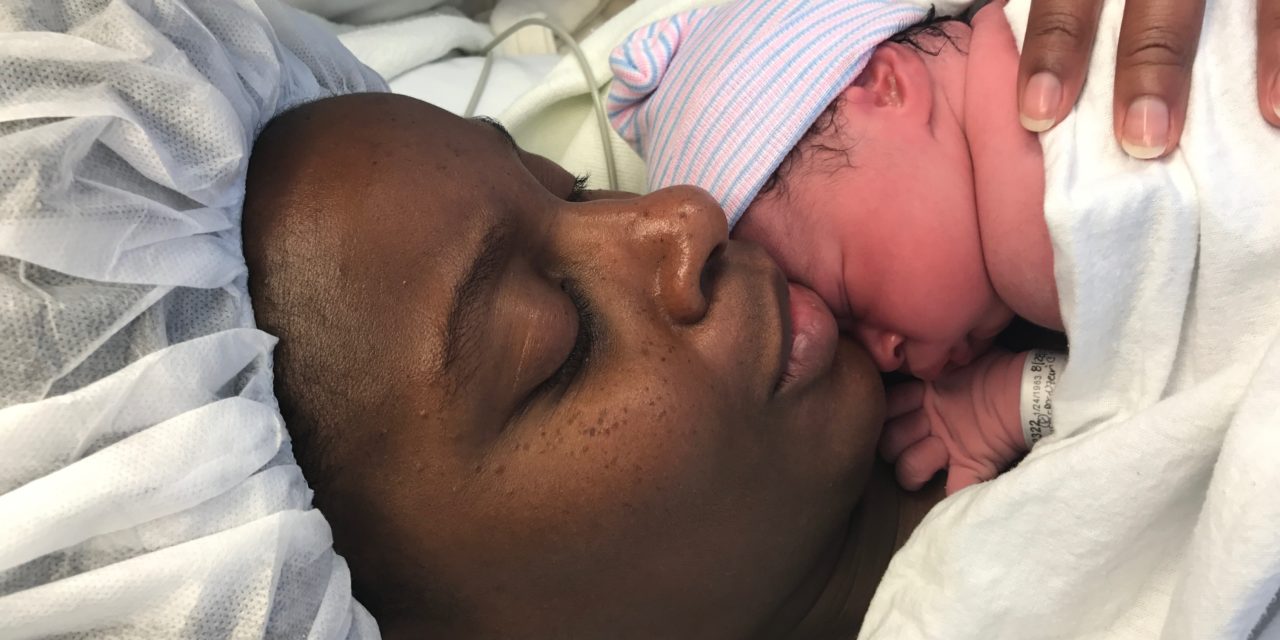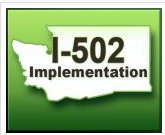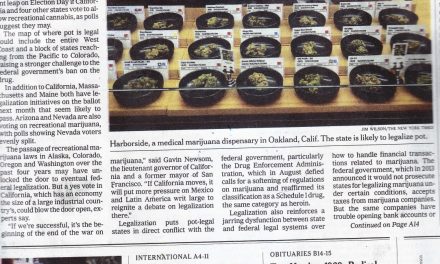 Another amazing person has left us. As recounted by Sam Roberts in the NY Times:
Another amazing person has left us. As recounted by Sam Roberts in the NY Times:
Dr. Marshall H. Klaus, whose research in the early 1970s into emotional bonding between parents and their newborns prompted improvements in how hospital maternity wards care for mothers and their infants, died on Aug. 15 in Palo Alto, Calif. He was 90.
Dr. Klaus, a neonatologist, and his colleague at Case Western Reserve University in Cleveland, Dr. John H. Kennell, a pediatrician, concluded in their book “Maternal-Infant Bonding” (1976) that contact between a mother and child in the first hours or even days of a baby’s life heightens the mother’s attachment to her child…
Their findings prompted many hospitals to allow and even encourage parents to have more contact with normal and premature babies immediately after they are born, rather than isolating infants in nurseries and incubators, and to focus more on the mother’s care and comfort.
Of course the hospitals should never have been wresting newborns away from their mothers in the first place. Klaus knew this, and described his approach as “bringing back an essential ingredient of birth.” In time, so much emphasis would be placed on maternal-infant bonding that Klaus chose to modulate his line. As reported by Roberts:
Dr. Klaus and his wife, Phyllis Klaus, were among the founders of DONA International, an organization that certifies helpers who provide emotional and physical support for mothers before, during and immediately after childbirth. The initials stand for Doulas of North America; the word doula is derived from the Greek word for servant-woman.
Dr. Klaus, his wife and Dr. Kennell, who died in 2013, said that the presence of a doula shortens labor, reduces the demand for pain relievers, decreases the number of Cesarean births and promotes an early and enduring attachment between mother and child…
But their theory proved controversial. Some adoptive parents complained that the bonding theory diminished them, and some feminists said it placed blame on the mother if her relationship with the child became troubled later.
Others questioned the implications of describing the immediate bonding period as “critical.” Dr. Klaus later said that describing the first hours after birth that way had been a mistake.
“It’s a ‘sensitive’ period,” he said, amending the language, in an oral history interview for the American Academy of Pediatrics in 2000. “’Critical’ means if it doesn’t occur, all is lost.”
Moreover, he said, the use of the word “suggested that bonding was like an epoxy glue rather than a slow-acting sticky substance.”
“Rather,” he said, “I’d say there is a suggestion that for some mothers additional contact in the first hours and days of life may be helpful, and in some it may have a profound effect on how they care for the baby, especially poor mothers with few social supports.”
Growing up and as a young man, Klaus had to overcome enormous adversity:
Marshall Henry Klaus was born on June 6, 1927, in Lakewood, Ohio, near Cleveland, to Dr. Max Henry Klaus and the former Caroline Epstein, a teacher.
He was 6 when his father died of sepsis after passing a kidney stone and in his teens when his mother died of breast cancer.
He graduated from Western Reserve University (now Case Western Reserve University) and its School of Medicine. While he was in medical school he developed polio, which left him with a frail right arm. He would have liked to be an internist or an obstetrician, he said later, but specialized in pediatric pulmonology and neonatal development in part because of his disability.
“I picked newborns because I could thump the chest,” he said. “I have a good hand. I can suture with this hand, but I can’t deliver babies easily. But I can take care of little babies, and that’s why I went into pediatrics.”





